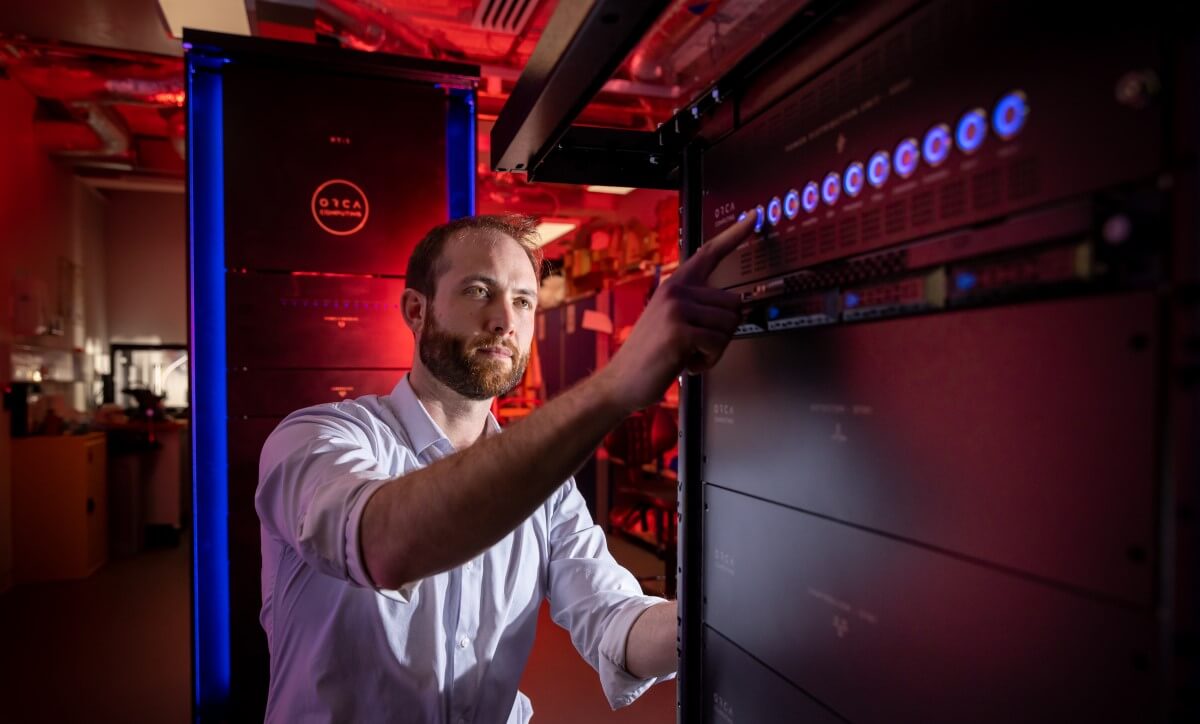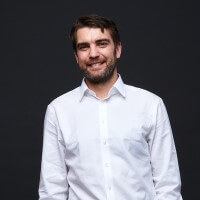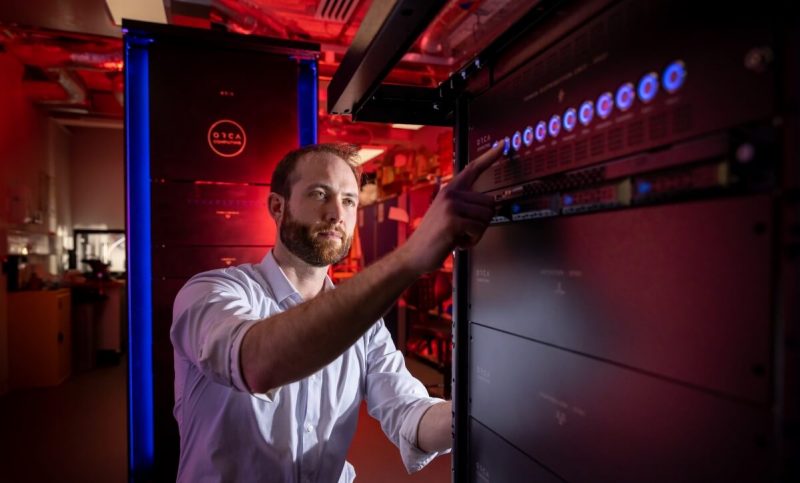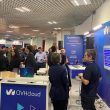

The purpose of the SupremeQ project is to introduce ground-breaking quantum computing innovations in terms of performance, packaging, and systems integration. Developing new approaches to photonic quantum computing will be the focus of the project.
The SupremeQ project is supported by Eurostars, a European financing initiative that is intended to aiding small and medium-sized enterprises (SMEs) that are doing well in research and development in the development of new products, processes, and services that are marketable.
The single-photon sources from Sparrow Quantum and NBI, the single-photon detectors from Pixel Photonics, and the full-stack photonic quantum computing system architecture from ORCA Computing will all be used in this project.
“We are delighted to announce this new partnership with two other leading European firms,” said Richard Murray, CEO of ORCA Computing. “With its unparalleled performance, the outcome of this project will spearhead new frontiers in hybrid quantum-classical computation, driving significant advancements in machine learning and optimization.”
The Route to Multiplying Qubits


The market for quantum computing is anticipated to reach $6.5 billion by the year 2030, showing a compound annual growth rate of 32.1%, as stated in a research report published by Fortune Business Insights. Quantum computing may offer substantial benefits over current conventional computations, with a wide variety of possible application areas.
By tackling critical issues such as system engineering for scale, high acquisition and operating costs, and the need for specialized skills, the SupremeQ project intends to achieve its goal of satisfying the requirements of the expanding market demand for quantum computing capabilities.
Sparrow Quantum‘s single-photon sources and Pixel Photonics detectors will be designed to co-exist inside a single cryostat, which would be a significant step forward in the development of quantum computing infrastructure. This significant milestone announces the route to multiplying qubits while delivering significant benefits in terms of manufacturability and cost. It does this by reooooo0pducing complexity and increasing component closeness.
ORCA Computing will draw upon its deep knowledge in quantum photonic system architecture. This expertise will be used to integrate these developments and demonstrate “state-of-the-art” photon processing efficiencies and reconfigurability within a standard data center rack.
In order for the commercialization of quantum computers to achieve an advantage over traditional computing systems, several developments will be required. This would represent a huge step forward in the direction of creating universal fault-tolerant quantum computing.
“I envision SupremeQ as a symphony of quantum brilliance, with each partner playing a unique instrument,” said Dr. Kurt Stokbro, CEO of Sparrow Quantum. “Together, we’re composing a masterpiece that I believe will make some noise around the world.”
“The advancements made possible through the SupremeQ project represent a significant leap forward in quantum computing technology,” said Nicolai Walter, CEO of Pixel Photonics. “By combining cutting-edge components and innovative architecture, we will be well-positioned to redefine the boundaries of what is possible in quantum computing.”









